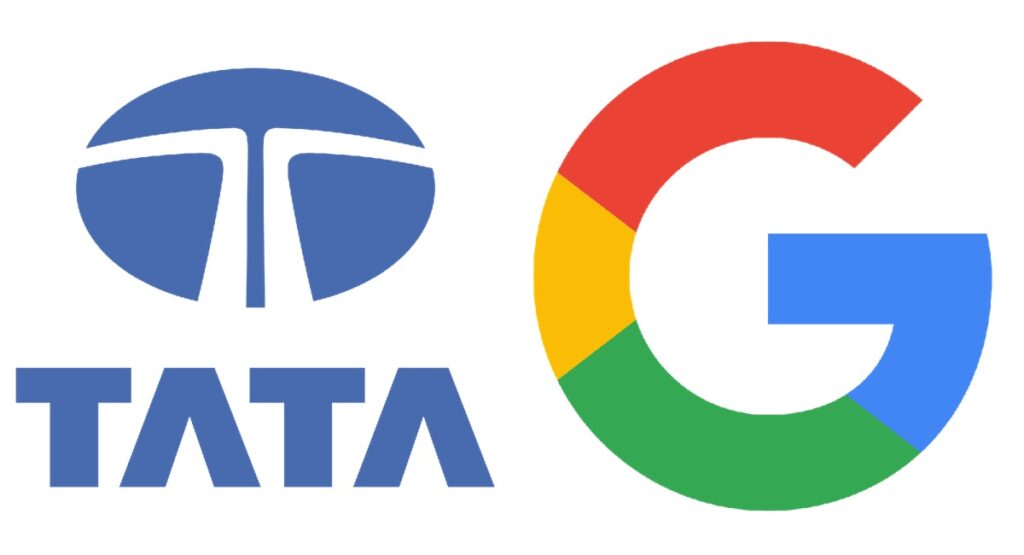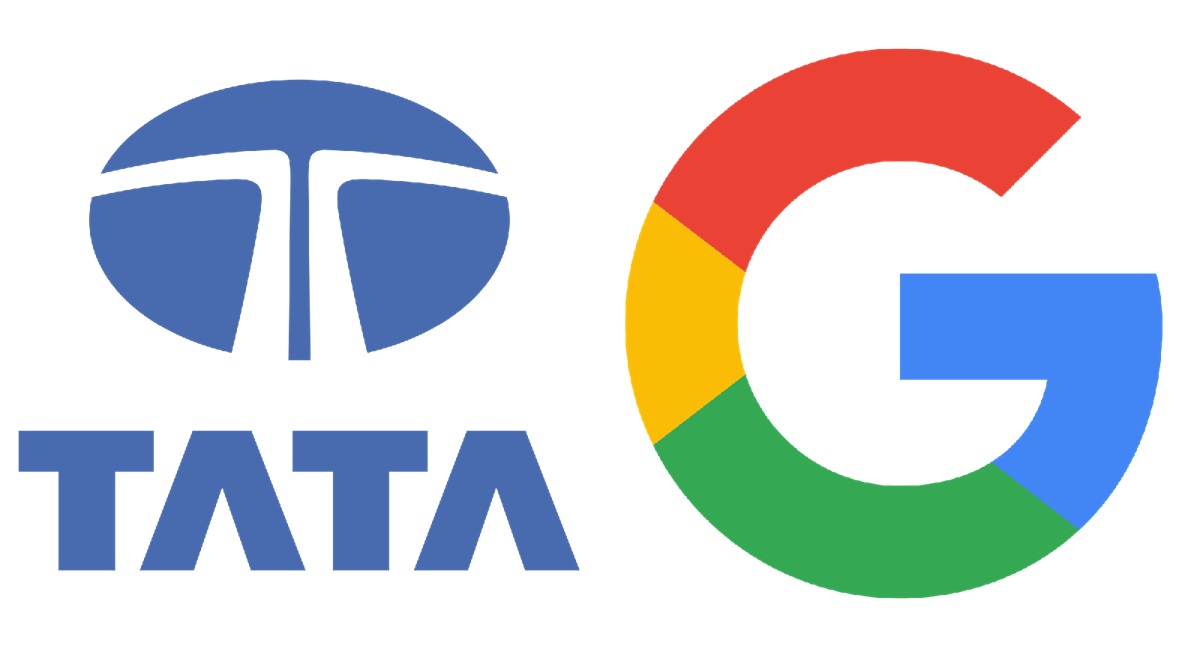Tata Group, Google India, and Infosys have been named among India’s most attractive employers as per the Randstad Employer Brand Research 2025 (REBR 2025) report.
The Tata Group topped the chart, with employees citing financial health, career progression, and stellar reputation as prime reasons behind the company’s attractiveness. Google India followed thanks to similar factors, including financial health and good reputation, along with its attractive salary and benefits.
Infosys was ranked third on the list thanks to its reputation, financial health, and career progression. Samsung India and JPMorganChase followed suit, the first owing to its financial health, reputation, and attractive salary and benefits, while the second found a place in the list due to its financial health, career progression, and reputation. Other companies within the top 10 list include IBM, Wipro, Reliance Industries, Dell Technologies, and the State Bank of India, in that order.
Industry-wise, the IT, ITeS, and Global Capacity Centres (GCCs) were deemed as the top performing sector 81% of the respondents terming it an attractive area to work in. The consulting industry came second at 79%, followed by retail, Fast-Moving Consumer Goods (FMCG), Fast-Moving Consumer Durables (FMCD), and e-commerce at 78%.
Within the IT, communication, telecommunication, and ITeS areas, Microsoft emerged as the most attractive employer, followed by Tata Consultancy Services (TCS) and Amazon.
“The 2025 findings reflect a clear shift- today’s workforce is no longer satisfied with conventional jobs; they’re seeking equity, purpose, meaningful growth, and work-life harmony,” Viswanath P S, Managing Director and Chief Executive Officer (CEO) at Randstad India, shared.
The Randstad report also highlighted how 47% of the respondents planned on switching jobs within the first 6 months of 2025. This was strongly displayed by Gen Z employees at 51% and millennials at 50%.
The use of artificial intelligence (AI) amongst employees has also increased rapidly. The report shared that 61% of employees regularly use AI, a noticeable increase from last year’s 53%. 38% of employees feel their jobs have been considerably affected by AI.





